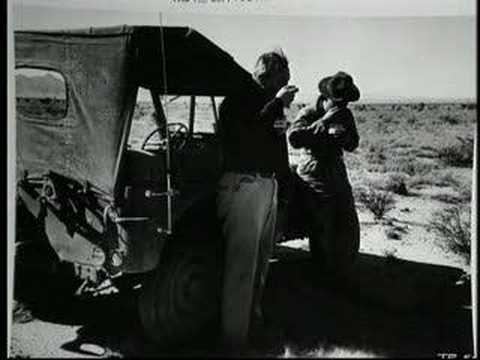“The Manhattan Project” unfurls as a captivating journey through the annals of history, delving into the development of the atomic bomb and the advent of nuclear missile technology. This documentary serves as a meticulous chronicle, tracing the scientific, political, and ethical dimensions that shaped the trajectory of nuclear advancements, ultimately bestowing mankind with unprecedented power—the ability to alter the surface of the earth multiple times over. As viewers embark on this exploration, they are confronted not only with the scientific ingenuity that birthed these technologies but also with the profound implications they carry for the course of humanity.
At its core, the narrative of “The Manhattan Project” transcends the mere recounting of events; it grapples with the ethical quandaries that accompanied the harnessing of nuclear capabilities. The documentary prompts reflection on the responsibility that comes with wielding such destructive power. From the initial scientific breakthroughs to the secretive corridors of political decision-making, the film navigates the intricate web of factors that converged to bring forth this monumental shift in human warfare and geopolitics. As viewers traverse the key moments of the Manhattan Project, they are confronted with the moral dilemmas faced by scientists, politicians, and society at large.
The significance of nuclear technology is not confined to its historical origins; “The Manhattan Project” also sheds light on the contemporary relevance and the enduring impact of these advancements. In an era where nuclear weapons continue to shape global geopolitics, the documentary prompts contemplation on the delicate balance between progress and peril. It invites audiences to grapple with the enduring question of how humanity can responsibly navigate the immense power it wields. “The Manhattan Project” serves as a thought-provoking exploration of a pivotal chapter in history, urging viewers to consider the implications of our quest for knowledge and power.

